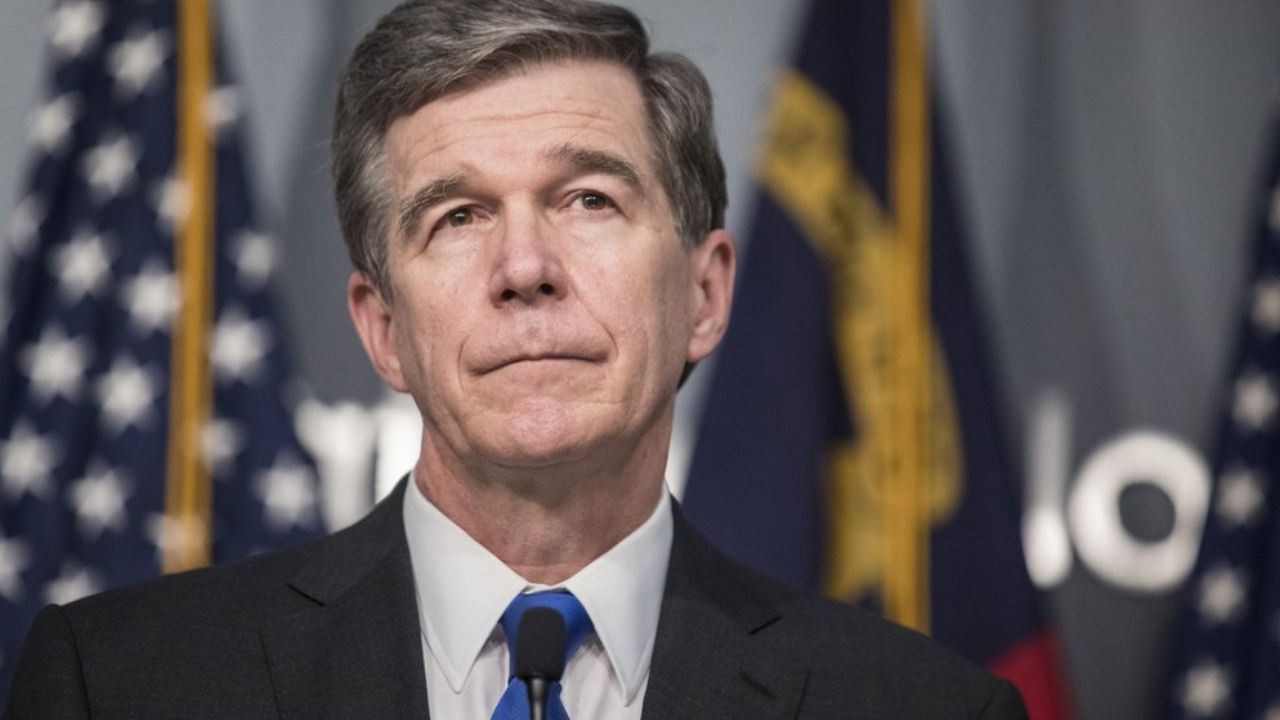Gov. Roy Cooper said that though the "economic fog" created by the COVID-19 pandemic is lifting, many families who were impacted by the virus financially still need help paying their rent and utilities.
Two weeks ago, Cooper said that he would be extending the financial assistance offered to North Carolina residents for rent and utilities through the Housing Opportunities and Prevention of Evictions Program, and he announced at a Wednesday afternoon news conference that financial help was already on the way to aid those in need.
He said last month, Congress alloted more dollars to be sent directly to landlords and utility companies to keep people in their homes with the lights on as they continue to get back on their feet after being impacted by the pandemic.
"As with the first version of the HOPE program, payments will go directly to landlords and utility companies. In the last two weeks, more than 8,000 people have applied for financial assistance and we expect more awards and checks to go out every day," the governor said.
Cooper said that as of Wednesday, 924 checks, totaling to $1.1 million are currently on the way to help state residents, and all of this has been done within two weeks of his announcement on the new applicantion period.
The state is using $133 million it was awarded through the American Rescue Plan in funding to support 88 countines, while 12 counties and five tribal governments will be operating their own programs to help people through hardship caused by the pandemic.
Those who received assistance through the program before can reapply and new applicants can as well. Click here to find support through the HOPE program.
"The need for rental and utility assistance remains. I am real proud that North Carolina is taking steps to support families who need it as we emerge from this pandemic," Cooper said.
The HOPE program was created last year as the virus started to impact families finanically and has helped about 36,000 families, governor said.
"I strongly encourage landlords and utilities across our state to lend a hand to their communities and to participate in these programs so that we can keep people in their homes with their lights on," Cooper said.




